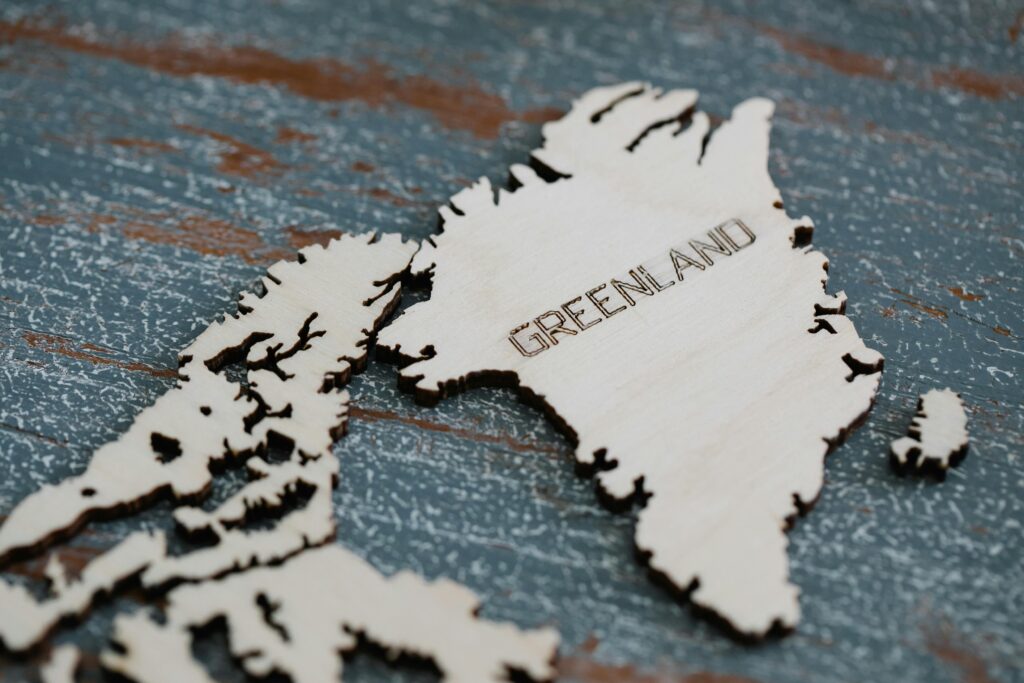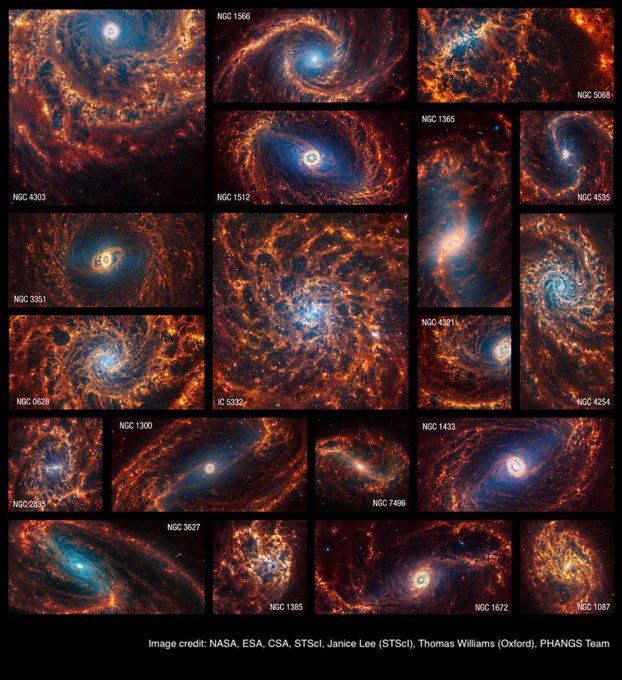Greenland’s Glaciers Meltdown: New Research Reveals Startling Fivefold Increase in Melting Over Last 20 Years

New research conducted by Danish researchers has shed light on the worrying impact of climate change on Greenland’s glaciers. The study, based on the most comprehensive monitoring of Greenland’s glaciers to date, has revealed a fivefold increase in melting over the past two decades compared to the 80s and 90s.
The researchers found that in the 80s and 90s, Greenland’s glaciers shrank by an average of about five meters a year. However, in the past 20 years, this rate of melting has increased dramatically to 25 meters per year. This significant increase in melting has raised concerns about the future of the planet and the potential impact on sea levels.
The study, published in the scientific journal Nature Climate Change, provides conclusive evidence of the extent of melting in Greenland’s glaciers. The researchers closely studied 1,000 of Greenland’s glaciers, which is representative of the entire country. They used satellite images and 200,000 old aerial photos from the Danish National Archives to track the melting of glaciers over the past 130 years.
#Greenland's glaciers are melting much faster than previously estimated, says #NASAhttps://t.co/sZ9SeZJ3DH
— IE Science (@iexpressscience) January 19, 2024
Assistant Professor Anders Bjork from the Department of Geosciences and Natural Resource Management emphasizes the significance of the findings in dispelling any doubts about the extent of melting. He states, “In this article, we make it clear that Greenland’s glaciers are all melting, and that things have moved exceptionally fast over the past 20 years. There is no doubt about the extent anymore and actually no reason to investigate the claim further.”
While the research provides valuable insights into the current state of Greenland’s glaciers, it also highlights the need for continued monitoring of the situation. The melting glaciers have already contributed to about 21% of observed sea level rise in the past twenty years, and this trend is expected to continue.
Bjørk adds, “We’re in a new era where glaciers are generally in retreat, with major consequences for sea levels that will rise faster and faster.” He also highlights the paradoxical effect of melting glaciers, which can lead to a lack of water as meltwater rivers diminish or disappear. This will have implications for Greenland’s ecosystems and renewable energy sources, such as hydroelectric power plants.
The research serves as a wake-up call about the urgency of addressing climate change. Bjork acknowledges the disturbing nature of the findings and stresses the need to take action to minimize warming. He states, “Temperatures will continue to rise and glaciers will melt faster than they do now. But our study also shows that glaciers respond to climate change very quickly, which is in itself positive because it tells us that it’s not too late to minimize warming. Everything that we can do to reduce CO2 emissions now will result in slower sea level rise in the future.”
The study highlights the need for global efforts to mitigate climate change and protect the world’s glaciers, as they play a crucial role in regulating sea levels and preserving ecosystems. The findings should serve as a call to action for individuals, governments, and organizations to intensify their efforts in combatting climate change and preserving the planet for future generations.







Leave a Reply